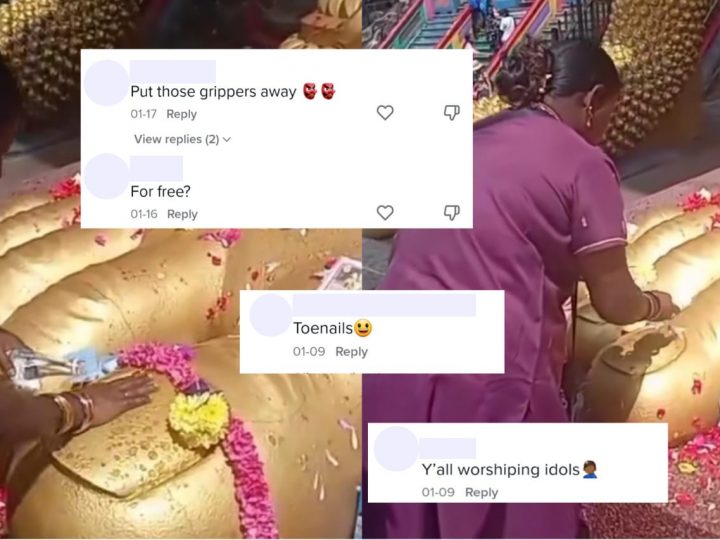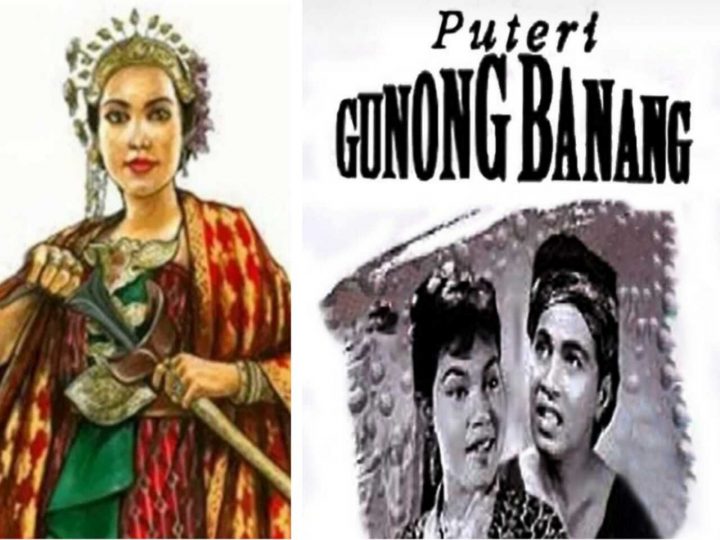Caught Between Cultures: Overcoming The Downplayed Emotional Struggle Of Being ‘Mixed’ In Malaysia
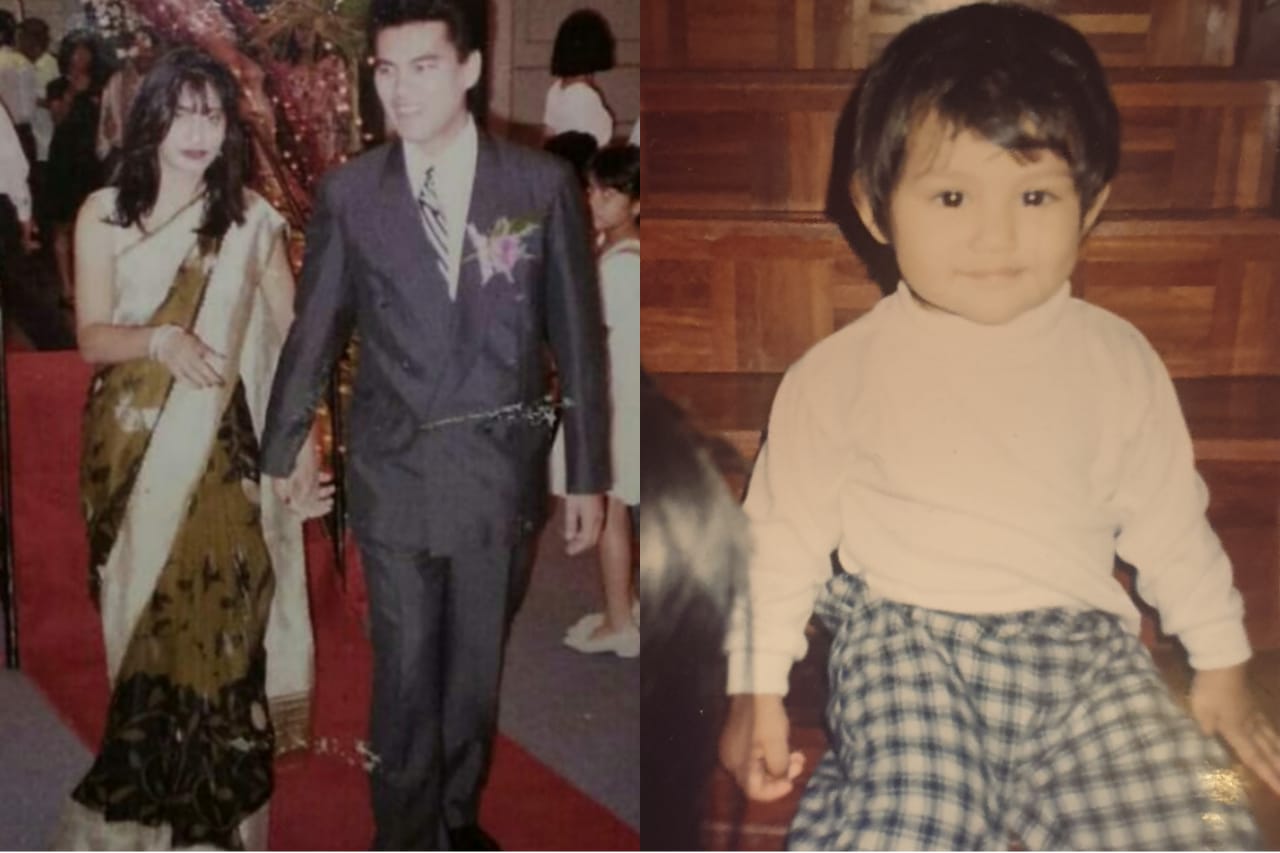 Thirsty for JUICE content? Quench your cravings on our Instagram, TikTok and WhatsApp
Thirsty for JUICE content? Quench your cravings on our Instagram, TikTok and WhatsApp
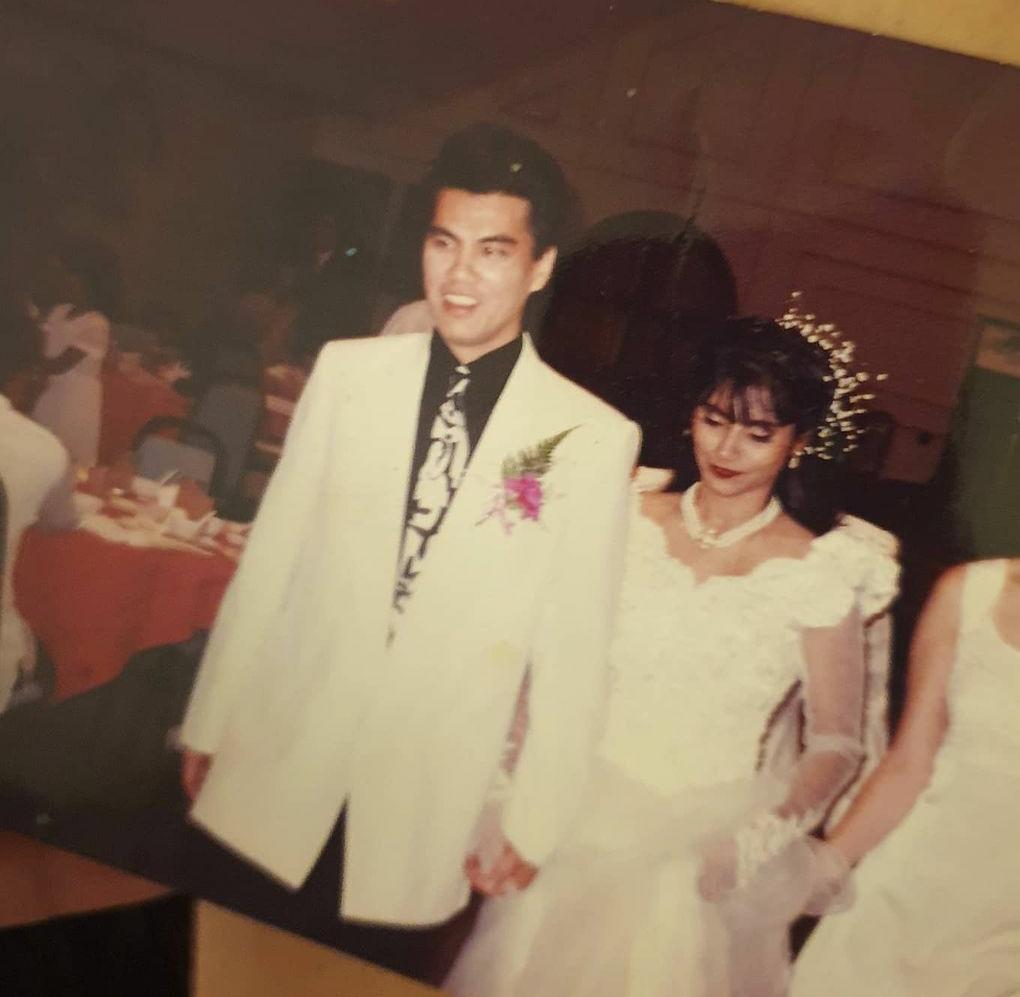
I believe that when we discuss the thoughts and experiences that trouble us, there is a certain line between what we are expected to say and the deeper-lying issues that we feel may be incomprehensible or seem odd to other people. For me, this used to be my cultural identity as a Malaysian-Chindian individual.
In a previous article, I spoke to women of a similar mixed heritage, where they opened up about how prevalent the stereotyping and fetishising acts are here. Another lesser known aspect, though, is the constant battle of seeking a sense of belonging and coming to terms with your identity based on your ethnicity.
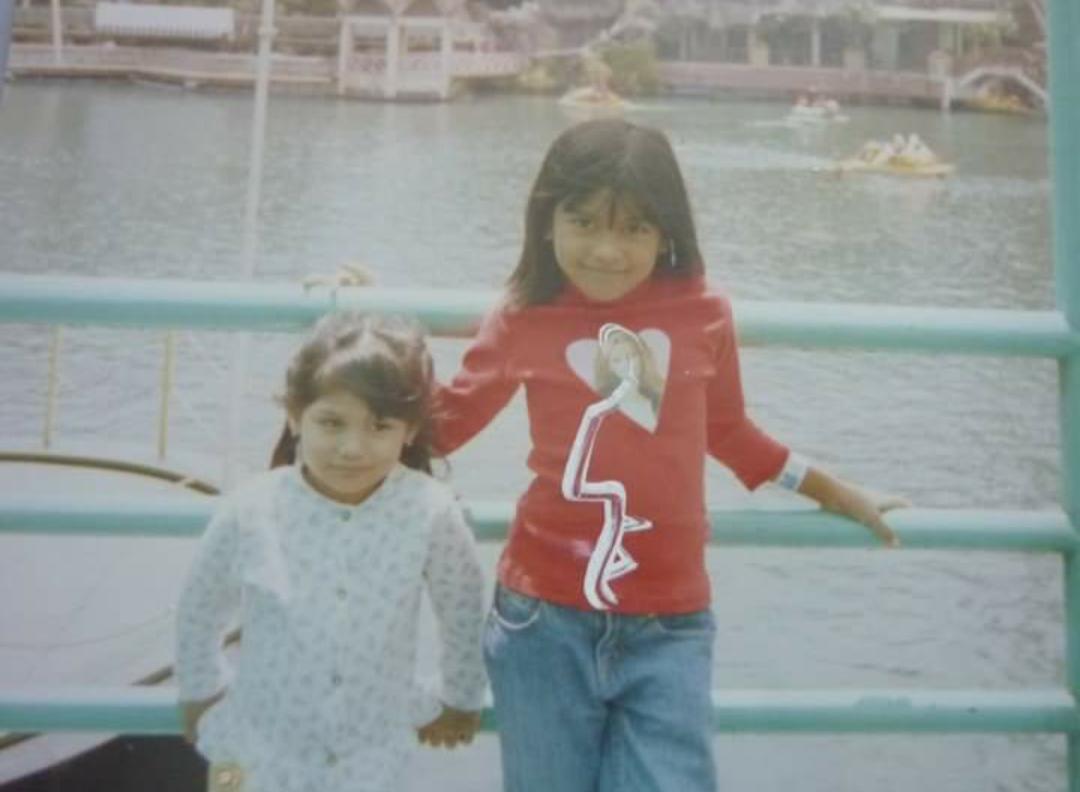
Interracial marriages are widely accepted here, and mixed people are sometimes even more sought after in the dating world (iykyk), but the internal struggle often goes unnoticed, as we juggle between two (or more) ethnicities and aim to find our most authentic self in between.
I frequently felt bad for feeling this way, as if whining about something so seemingly unimportant was petulant and disrespectful of me. Truth be told, it’s a major thing.
Being unclear about how our cultural identity affects who we are and thus seeking our own ultimate perception of ourselves in the world may turn into a very perplexing and isolating pursuit.
Here are some of the most profound instances where I recall being left with a sense of alienation pertaining to my racial identity:
*This piece exclusively features the opinions of the author, and does not reflect the beliefs of JUICE Malaysia.
Feeling inferior to others in places of worship/ similar settings
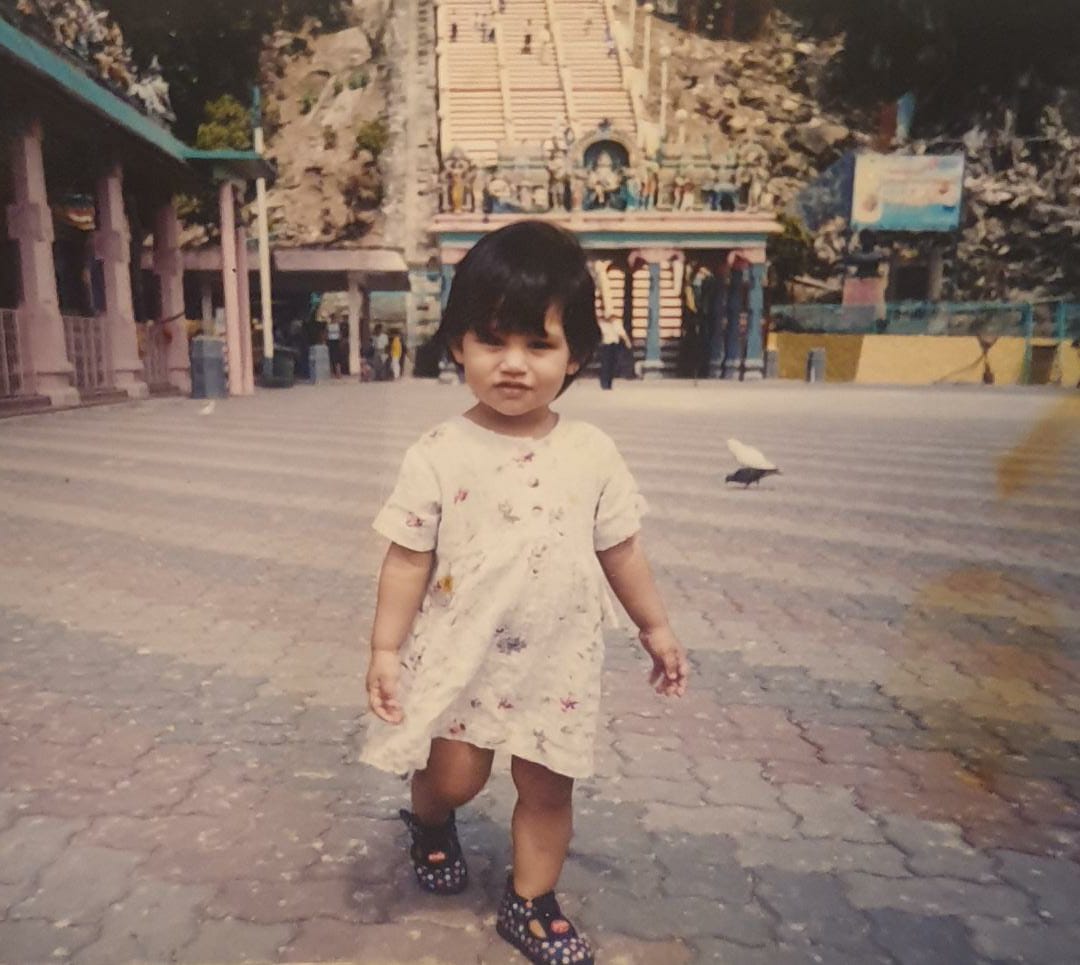
It’s hard not to feel like an outsider as you enter a place of worship. You experience a pang of envy when you observe the individuals in your immediate surroundings who are connected by a common culture and tradition. This is especially difficult when you are mid-prayer, and distracted by these unprompted thoughts.
One time, I visited the temple with my grandmother during the Navratri prayers, and I was one of the girls who was chosen to make up the nine. I was very young when this happened, but already confused as to whether to be happy or uncomfortable.
First I was flattered to have even been picked from the crowd, but insecurity set in when I realised I did not look like, speak like, or know what to do like the other girls did.
It feels as if they just ‘qualify’ and have the right to be there more than I did.
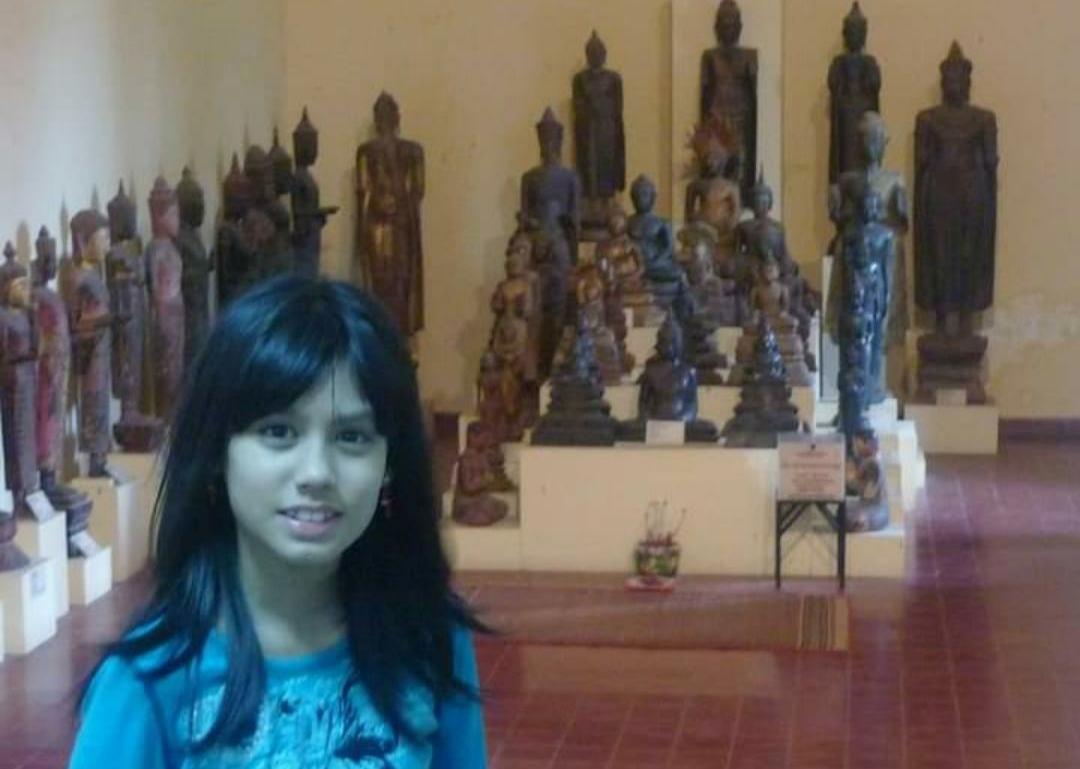
Also, for me, conducting prayers in both Hindu and Buddhist temples made me feel like I was betraying either faith. But at the same time, choosing one would not help to shroud the guilt, but rather amplify it. To be honest, it also felt like having to pick a side between my parents.
You yearn to fit in and experience what it’s like to be a part of a community that recognises you, yet you’re left with the impression that you’re a ‘fraud’ and fall short. You make an effort to mask your discomfort, blend in, and avoid being noticed, but the burden of your difference is too much for you to bear.
Note that most of the time, this has nothing to do with the people around you – it is the projection of your own confusion and self-doubt.
No one can welcome you to a place where you have not welcomed yourself.
There’s no “Copy Pasting” in your world

A new TikTok trend that I think has triggered this struggle is the “copy paste” ethnicity trend, whereby users essentially celebrate the staples of their culture. For example, a “copy paste Middle Eastern” girl would rock winged liner and adorn herself in gold jewellery and oud. It’s such a beautiful thing, and I don’t know if they even realise that.
It may seem like just a way to poke fun at the stereotypical aspects of a culture, but to me, it symbolises such a strong tie of unity and reveres the prominence of various heritages – something which I did not how to portray via my physical appearance, the way they did so flawlessly.
On the one hand, you might desire to proudly embrace every element of your diverse past and present it to the world. On the other, you may be concerned about coming off as inauthentic or adopting cultures from which you have only a loose or partial link with.
It’s just unclear if slapping a bindi on and going about your day will be enough, or if you’ll somehow be perceived negatively by your peers.
I experienced uncertainty and self-consciousness as I attempted this delicate balancing act. While I didn’t want to reduce or ignore any aspect of your ancestry, I also couldn’t risk being accused of cultural appropriation.
It’s like you can’t do anything right
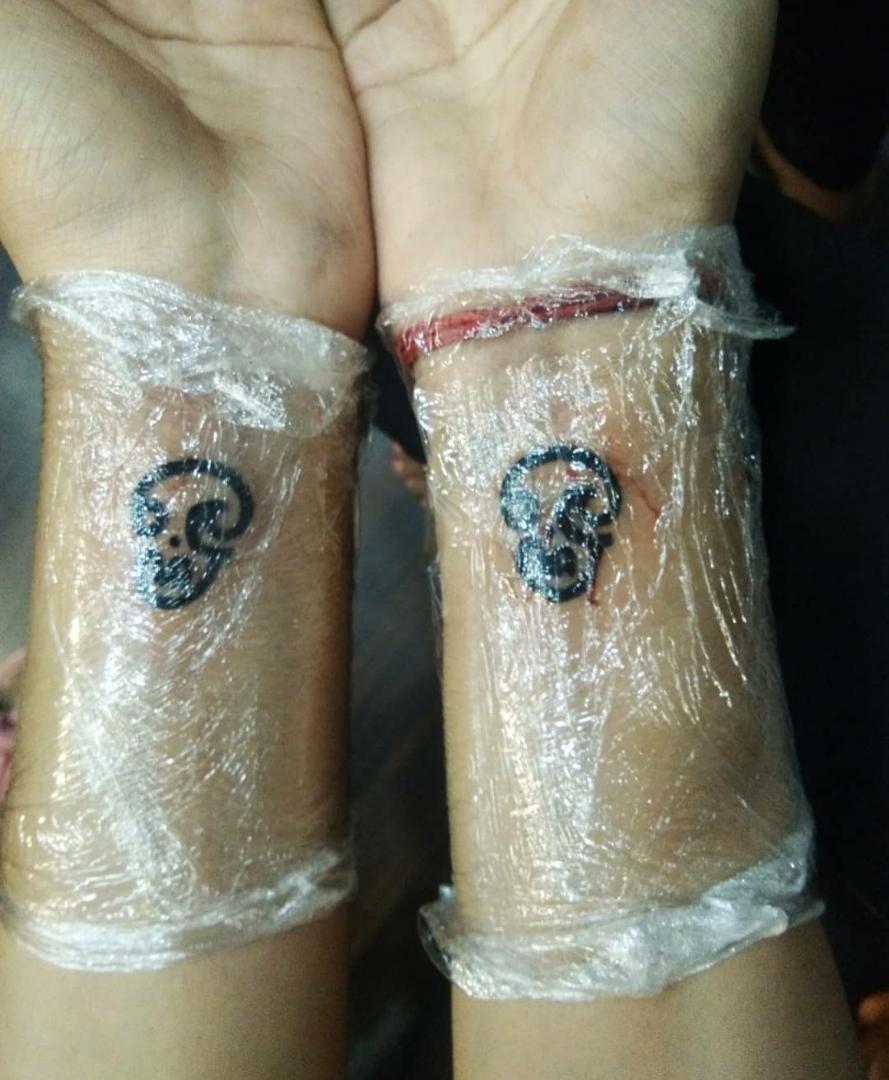
Personally, as I got older, I began to lean toward following the Hindu faith more. I got a Tamil Om tattoo on both my wrists to signify this. At times, it has felt great and I would thrive in the instances where people noticed them and recognised me as a Hindu devotee.
But there have also been times where I’ve been accused of neglecting my Chinese heritage, or told that it was “weird” since I did not speak fluent Tamil. It also made me insecure because I was actually Malayalee not Tamil, but could not speak a word of Malayalam. I don’t know if this was ever an issue to anyone else, but it certainly bothered me for a while.
I also want to note that I have a Chinese surname, and having to explain to Grab drivers that I don’t speak the language was always a reminder of how I ‘betrayed’ that side of me. They meant well, of course – again, the real villain in all this was mainly myself.
At one point, I even felt like maybe the tattoos were a bad idea because perhaps I was not perfectly “religious enough”. Just because I could recite the Gayatri Mantra just right but the Hanuman Chalisa was always a struggle. Just because I once accepted thinuru with my left hand instead of my right.
Don’t let anyone make you feel this way. You’re not any less Hindu just because you haven’t read the Vedas or don’t know exactly what to do at the temple. All you need is faith.
Seeking comfort in other cultures
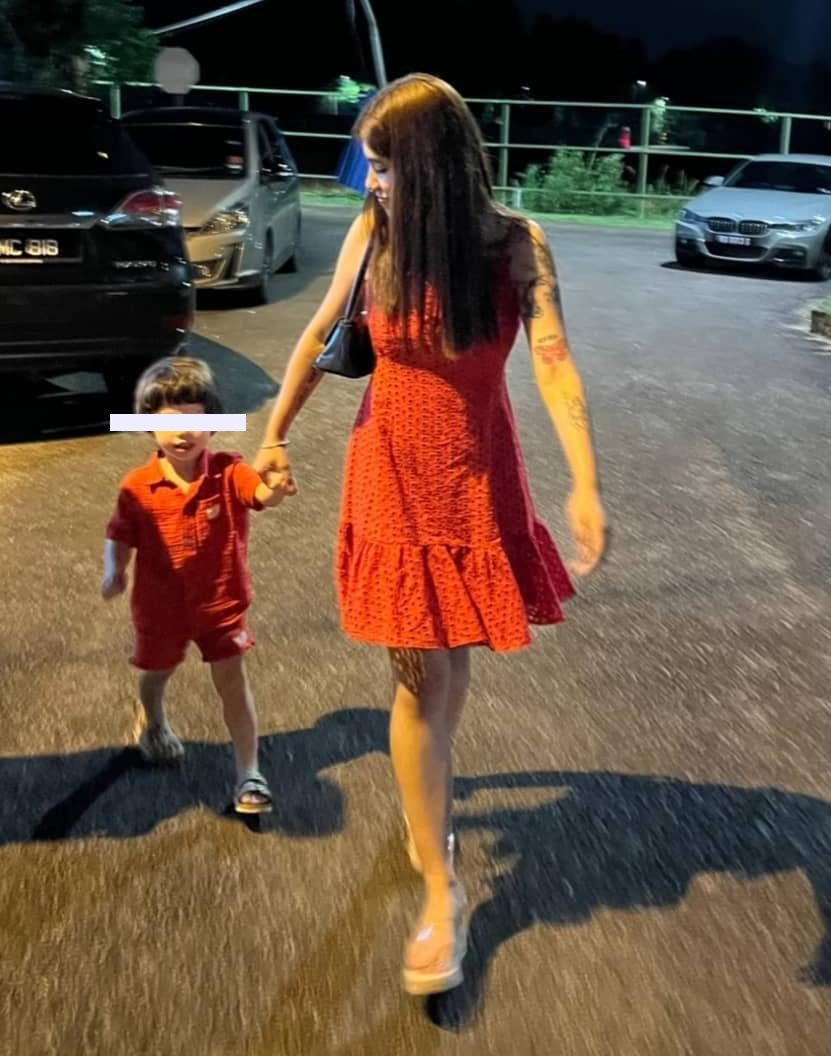
This might not make much sense, but I think at a certain point, when you’re truly struggling with the balance, you may find yourself in a totally unforeseen position whereby you feel more accepted in other cultures. For me, it was this sudden big desire to live in Turkiye, where I loved the culture but as a foreigner, would not be expected to adopt it in any way.
My stepmother, who I’m not blood-related to in any way, is of Turkish descent. I have a Turkish-Chinese stepbrother now too, who at the time of writing is 3 years old.
I grew inspired to explore the many aspects of the country itself, from its history, weather, religious practices, down to the language which I actually thoroughly enjoyed learning. I did not pursue that interest though, because I felt guilty learning Turkish rather than my mother tongue (sigh).
The point is, I did not feel obligated to commemorate the Turkish culture, and therefore felt that I could do so at my own pace. Speaking the bare minimum of the language also seemed to please the Turkish people I knew very much, who felt that I was appreciating and respecting their culture despite being an outsider.
However, at times it did feel like I was appropriating the culture, and I kept telling myself that it did not make sense to find twinges of belonging somewhere I shouldn’t. Yes, I stood in my own way a lot. And I’m here to tell you not to do the same.
How I overcame this ‘ancestral imposter syndrome’
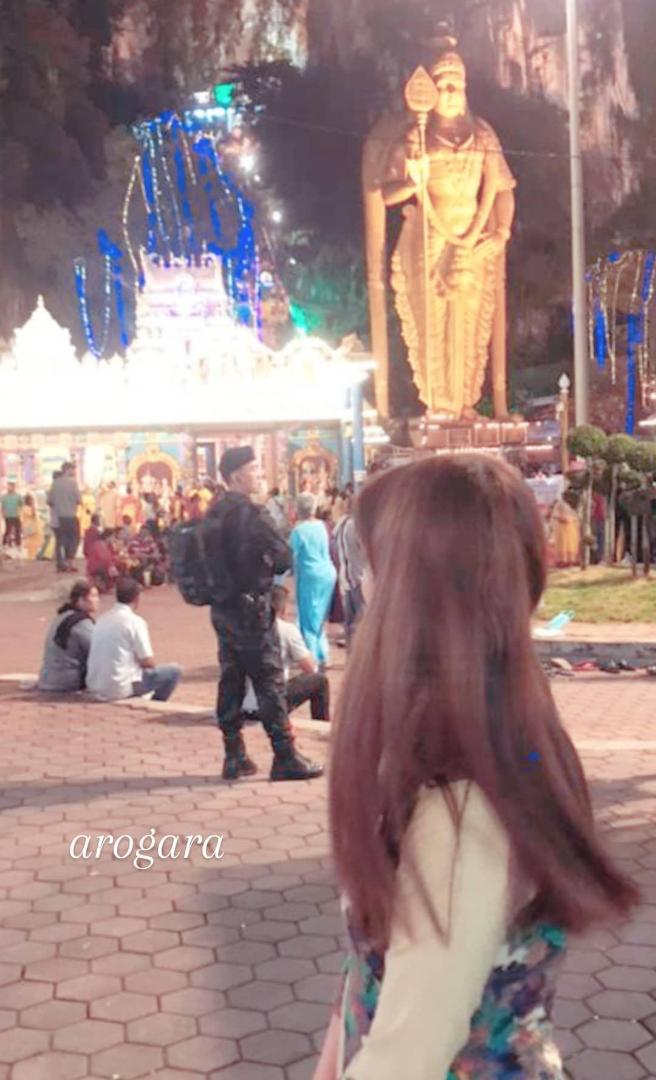
There’s no magical secret to finding the perfect balance in your mixed heritage, nor any foolproof method to guarantee that you will never be judged for the choices you make. Other people are hard to please, but being unnecessarily hard on yourself will not make it any easier.
I believe the first step is to let go of the belief that ‘perfect’ exists, and the second is to let go of the guilt. Once I realised that there was no right or wrong way to be Indian or Chinese, my perception switched immensely.
It is honourable enough to respect your culture and want to be a part of it. Speaking the language or practicing the faith are great ways to connect to your heritage, but they aren’t obligatory and if you’re not doing so by choice, then don’t do it at all.
How do you hope to uncover your most authentic self by going against what you truly feel?
There is no shame in resonating with one of your mixed heritages, or none altogether. Do what you need to do to find yourself, even if that means migrating to a different country where you believe you will thrive. You will not be any less Hindu, Buddhist, Muslim, or Christian just because you are miles away from where you were born.
You decide where, and what, home is.
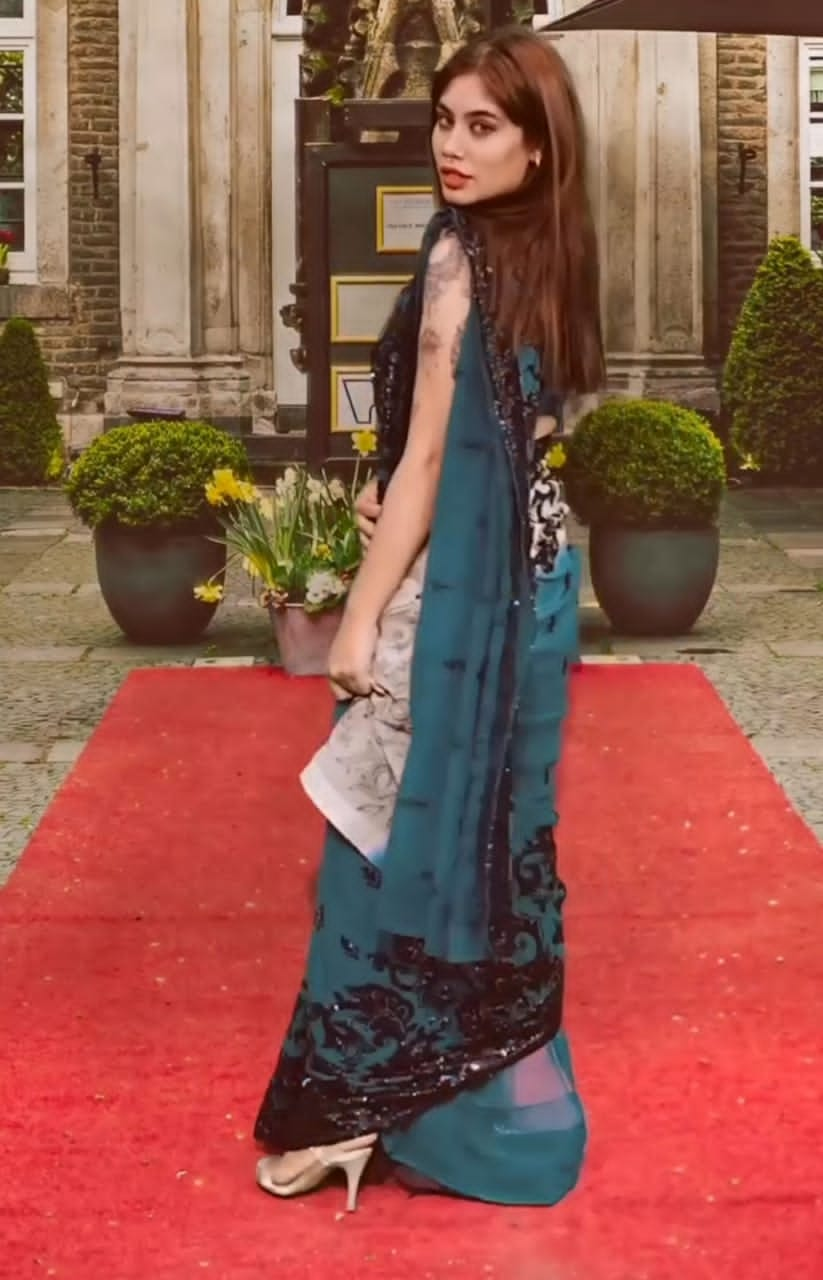
The truth is, nothing and no one but you can take your heritage away from yourself. Not distance, not language, not even that nosy aunty at the supermarket who asks why your mother didn’t teach you to speak Tamil.
You’re a full, complete and valid individual, no matter how many pieces make the puzzle.
This is my story. Although it may not sound exactly like yours, know that the lines between your puzzle pieces are not cracks, but the ties between your forebears who learned to love each other in the face of ethnic differences.


 Get Audio+
Get Audio+ Hot FM
Hot FM Kool 101
Kool 101 Eight FM
Eight FM Fly FM
Fly FM Molek FM
Molek FM